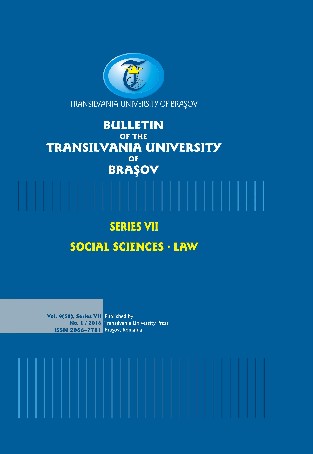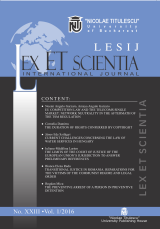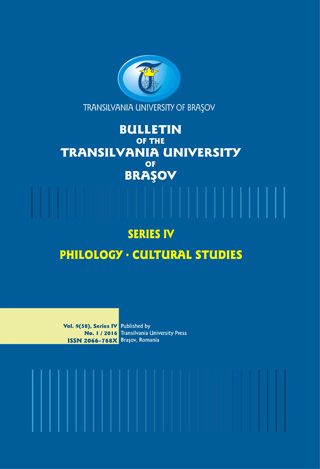
Maternal Single-Parent Family in Social Risk Situation. Psychosocial and Behavioral Characteristics
Maternal Single-Parent Family in Social Risk Situation. Psychosocial and Behavioral Characteristics
Keywords: vulnerable groups; single-parent family; single-mother family
This paper aims to explore some relevant aspects of the intra family dynamics, to reveal the meanings and analyse the evolution of maternal single-parent families that are socially vulnerable, as it is described in the scholarly literature, and to present the specific characteristics of this family type. It also includes some results of a qualitative study carried out among single parent families in social risk situation, from Brasov County. One of the main ideas of the study is that the lack of future prospects and the restricted possibilities to escape from difficult situation, in which they are, induce to single-parents the feeling of fatality, perpetuating undesirable coping styles.
More...

